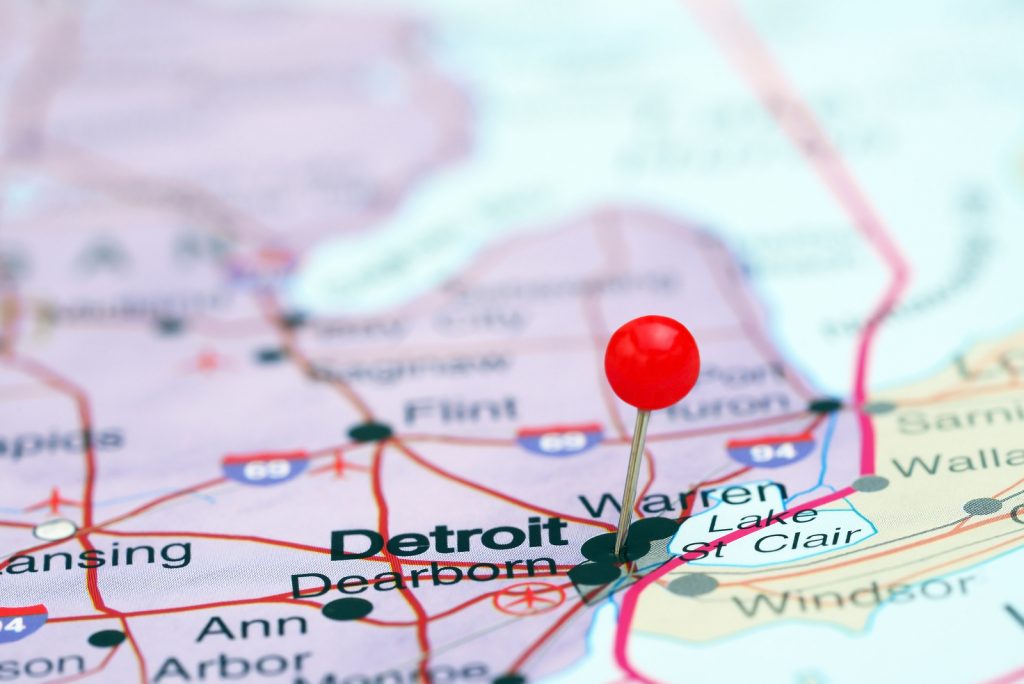Learning Hub | Planning a Website Design Project
Harness the Power of Local SEO to Get More Customers
September 29, 2015 | Jon Teodoro

When looking for a business that suits their needs, chances are that potential customers aren’t looking for places in another state. This is where the beauty of local SEO comes in. Through GPS-backed search algorithms, nearby customers can pull up your business location and general info on an app in their phone. Or they can pick out your business based on reviews that out-favor local rival companies.
Ultimately, getting locally indexed into the web with a solid digital footprint can draw profitable web traffic as well as in-store foot traffic. But…your competitors might already be scooping up customers by following the guidelines that we will cover in this blog.
So, here are some major steps that will literally get your business on the map. Submit your organization to search engines (Google, Bing, Yellow Pages, Yahoo) if you haven’t already!
Follow engine business listing guidelines
The guidelines for Google My Business are straightforward. Businesses that are under construction, rental or for-sale properties (although leasing offices are eligible), and organizations that are run out of a venue they do not expressly own are instances which Google will rule ineligible for a search engine listing. There are plenty of other requirements, however, so verify and ensure that your business follows them.
And if your business qualifies, huzzah! Customers can find you. But it’s a matter of how quickly they can find you and how impressive your listing is. Google has evolved its data analysis to where the average amount of people inside a business – like a nightclub on a Saturday night – is already detailed in a lot of listings.
Regarding Bing Local registry guidelines, Chris Silver Smith of Argent Media wrote a fantastic blog for Search Engine Land that not only focuses on Bing, but also echoes what we are covering in this blog.
Keep online business info consistent
The SEO powerhouse Moz can actually pull up every listing for your business. It’s now your job to align all aspects of your entry. Every address, phone number, suite number, e-mail address, social media handle, and hours of operation snippet – any relevant piece of business information, really – needs to be on point and identical across the board.
The difficulty lies in synchronizing every database that has your company’s info including databases that you may have been completely unaware of (check the Moz tool!). Don’t forget to categorize your business, otherwise people who send in a query won’t be able to pick out your company and location from the crowd. Especially when visitors to an unfamiliar area are looking for things like restaurants or bars, it’s important that those businesses attach themselves to those categories.
Also, if the web has duplicate instances of your business, correct every one until only one version remains. If people are writing valuable user reviews and they submit them toward the wrong listing, your actual web presence has just lost out on all of the brownie points that those reviews have to offer. In addition, search engines will penalize websites based on how difficult they are to locate – having several locations with slight variants in information makes your business’ actual listing deduction-worthy.
Build an online presence beyond listings
Local SEO doesn’t only rely on local factors. Your search engine ranking at large will play a role as well. Generating a gradual momentum of social media and buzz through marketing elements like blogs that draw web traffic will grab the attention of search engines; becoming interesting enough to the point where websites and users will explicitly mention your business by name (even without a link) in a positive light will add even more authority to your local SEO.
Don’t just have a listing; have a site
If a guy is looking for a great Thai food place but also looking to take someone there on a first date, he’s probably not going to want to just rely on reviews and a few pictures. Having a complete website that at least gives him a detailed menu with prices, a photo gallery of the inside of the restaurant itself (for some romantic ambience), and a favorable impression based on the quality of the website’s design will give him way more insight than what local SEO can through a listing.
Websites can be expensive – we actually have a comprehensive website pricing blog here – but with today’s increasingly mobile and informed customer, throwing everything you’ve got within reason at a solid web presence will not only give substance to the outline of your business within a local listing; it can help your business tap into buyer markets that otherwise had no way of knowing that you existed.




